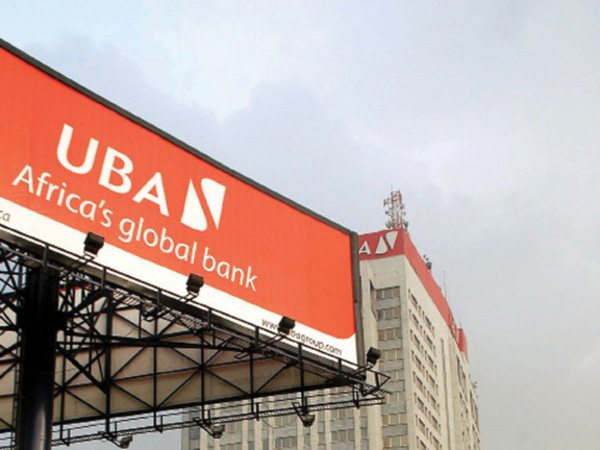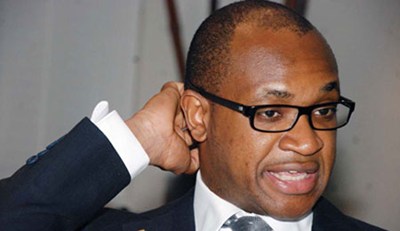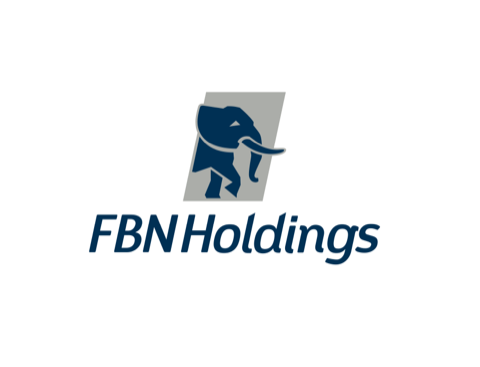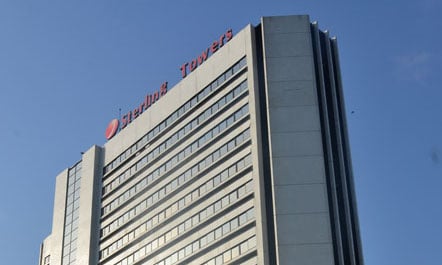United Bank for Africa showed a new strength in profit performance in 2015, raising profit to a new high after two years of stunted growth. The bank had been unable to recover from a profit drop in 2013 until last year when it achieved the highest profit growth since it returned to profit in 2012.
The new strength in profit came from a step up in revenue growth and considerable cost saving that improved profit margin. These developments enabled management to grow profit two and half times as fast as revenue in 2015.
The bank closed the 2015 financial year with gross earnings of N314.83 billion, which is an increase of 9.8% over the preceding year’s figure. Revenue growth therefore stepped up from the 8.3% growth the bank recorded in the preceding year.
Revenue growth in the year was driven by interest income, which grew by 19% to N234 billion, accounting for an increased share of gross income at over 74%. A drop of 10% in non-interest income to N80.86 billion moderated the overall growth in revenue. The drop in non-interest income in the year follows the loss of one-half of the net trading and foreign exchange income it generated in the preceding year.
Advertisement
The bank closed the 2015 operations with a net profit of N59.65 billion, a leap of 24.5% over the preceding year’s figure. This marks a new peak in profit for the bank since 2012 when it posted an after tax profit of N51.37 billion. It suffered a drop of 10.6% in profit in 2013 to N45.92 billion, which inched up to N47.91 billion in 2014.
The bank’s improved profit capacity for the 2015 financial year came from moderated growth in two major expense lines – interest expenses and operating cost. The bank moved against the general industry trend of rapid growth in interest expenses in the year and lowered its cost of funds relative to earnings.
Interest cost grew by 6% to N96 billion in 2015 compared to the increase of 19% in interest income. That expanded net interest income by 30%, well ahead of the increase in interest income – representing an outstanding performance in the banking industry in the year.
Advertisement
This means the bank paid a lower average interest expense to generate the naira of interest income than it recorded in the preceding year. This is a feat in a year in which the reverse was the case for most banks with rising interest expenses undermining profit growth generally.
The bank also saved cost from operating expenses, which grew well below gross earnings at 5.4% compared to 9.8%. At N136.63 billion, operating expenses moderated relative to revenue, lowering operating cost margin from 45.2% in 2014 to 43.4% at the end of 2015. That means, on the average, the bank used a slightly reduced operating cost to generate a naira of revenue in the year.
The third major expense line, net impairment charge for loan losses, moved against the moderated behaviour of the other two expenditure lines, rising by 58.7% to N5.05 billion in 2015. The figure was however insignificant relative to the bank’s net credit portfolio, which is in excess of N1 trillion.
In all, the bank succeeded in reducing its cost-income ratio in 2015 and revenue saved from moderated cost behaviour swelled the bottom line by nearly a quarter. The ability to convert revenue into profit increased with an increase in net profit margin from 16.7% in 2014 to 18.9% in 2015. This places UBA among the industry leaders in terms of ability to improve profit margin as well as the margin of improvement in profit, which is one of the highest seen so far.
Advertisement
Earnings per share improved from N1.53 in 2014 to N1.79 in 2015. The bank raised its cash dividend from 10 kobo in 2014 to 40 kobo per share in 2015, which was paid on 12th April 2016.
The increase in earnings per share was moderated by the issue of additional shares in the course of last year by way of rights issue of 3,298 million shares. The bank raised over N11 billion from the rights issue, which supported growth on the asset side of the balance sheet as deposits stagnated during the year.
Customer deposits declined by 4% to about N2.08 trillion at the end of 2015. This caused a slip in the size of the balance sheet at N2.75 trillion.
Advertisement
Add a comment






